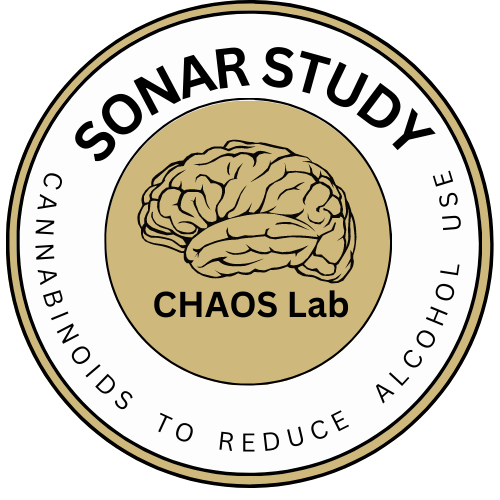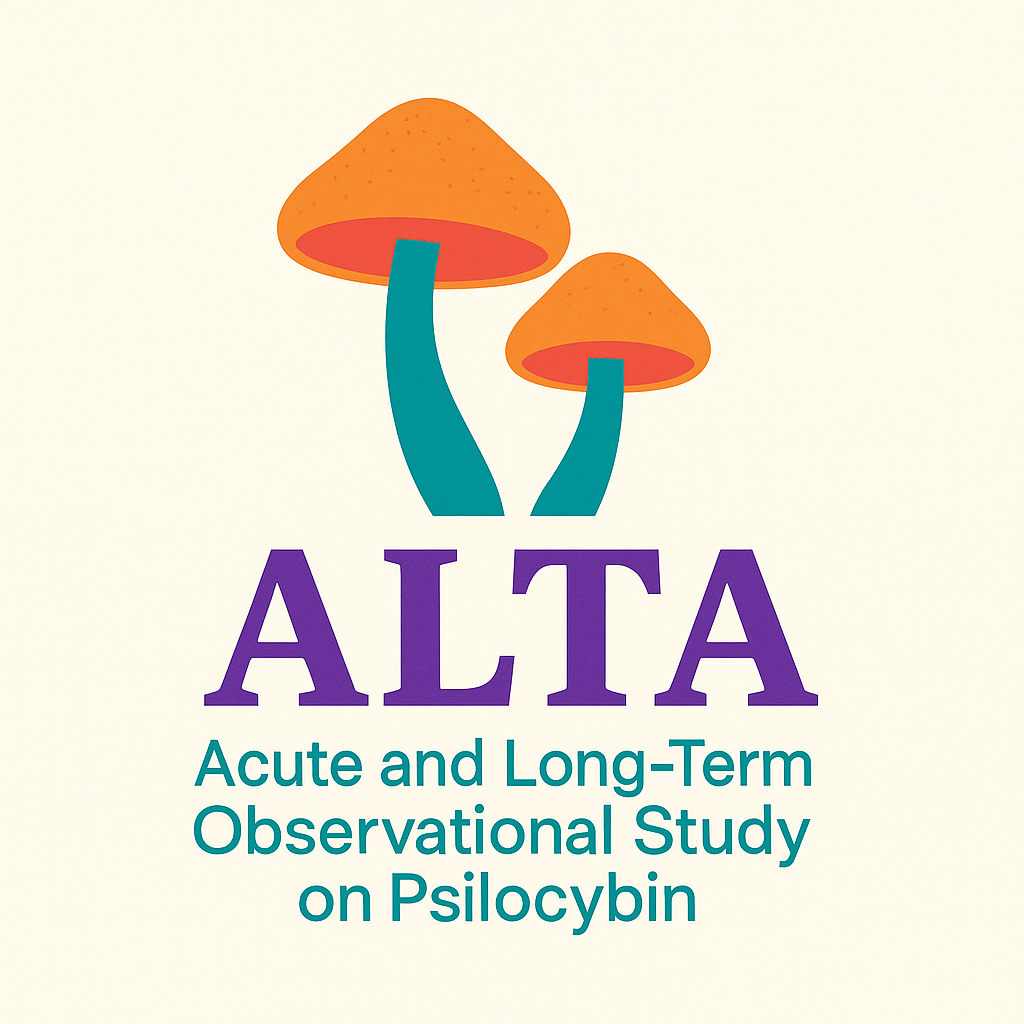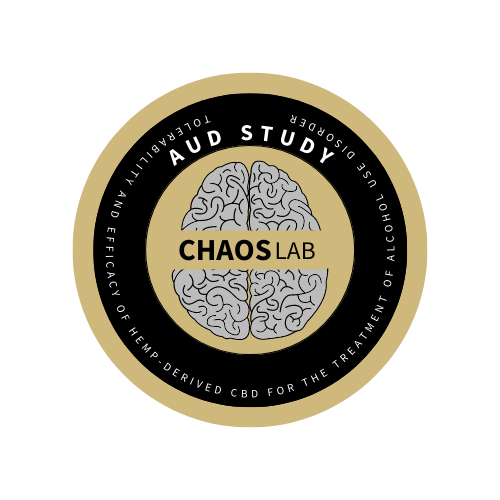Julia Byers - Clinical Research Coordinator
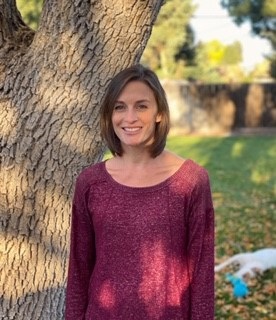
B.A., Psychology, University of Northern Colorado
Research interests: I love working in mental health research and am fascinated with the psychological and biological processes that influence human behavior. I have always wanted to work with integrative therapies and plant medicines. More specifically, I am interested in cannabis, medicinal fungi, and mindfulness meditation. I am very passionate about nature and its connections to mental and physical health. I truly believe that plant medicines are fundamental for the health of humans, animals, and the environment, as we are all connected.
About me: I was born and raised in Colorado and I have a true love for outdoor adventures. I love snowboarding, hiking, and doing pretty much anything outside with my two pups. Over the past several years, I have become extremely interested in gardening and I view the processes as my very own outdoor experiments.
Emily Gyongyosi - Clinical Research Coordinator
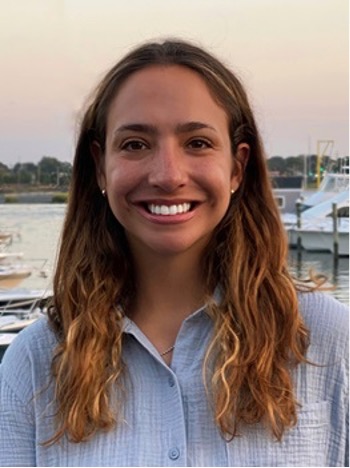
B.A., Psychology, Boston University, 2022
Research Interests: I am interested in clinical research involving Digital Health Interventions, mindfulness and acceptance-based interventions, and addiction. Specifically, I am interested in contributing to novel studies that investigate ways to support previously underserved or overlooked populations. I am thus excited to be contributing to the research being conducted in our lab, and hope to utilize my research and clinical experience to pursue a PhD in clinical psychology.
About me: After graduating from Boston University, I moved to Colorado and fell in love with all the state has to offer. On the weekends you’ll find me somewhere in the mountains, either hiking, mountain-biking, or skiing, before having a campfire or checking out a local restaurant with some friends.
Jake Hooper - Sr. Clinical Research Coordinator
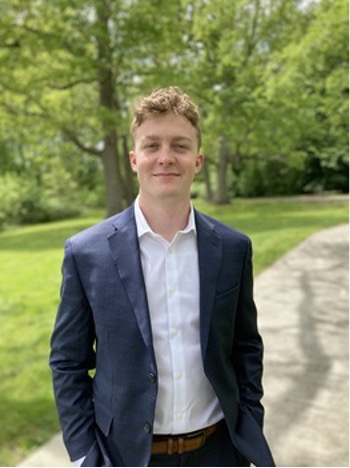
B.S., Cognitive and Behavioral Neuroscience, Psychology. Virginia Polytechnic Institute and State University, 2021
Research Interests: I am interested in clinical research involving mental health, psychopharmacology, addiction, and the neural mechanisms of cognition. Specifically, I am fascinated with the psychedelic resurgence occurring within modern psychiatry. Psychedelics as a tool for psychological and neural therapy are already showing promising results for clinical work and research. I believe there is still much to explore within this field, and I plan to continue to move in this direction. As a highly motivated research coordinator, I am building my knowledge and experience in the clinical research of addiction as part of the CHAOS lab. I plan to eventually pursue a Ph.D. in clinical psychology so that I may focus more intently on my passions in research and mental health.
About me: Outside of research, I am a lover of the great outdoors and constantly enjoy hiking, camping, and skiing. My personal interests also involve a great love of music, exercise, and a lifelong devotion to drawing and painting, including scientific illustration.
Alexis Krause - Clinical Research Coordinator
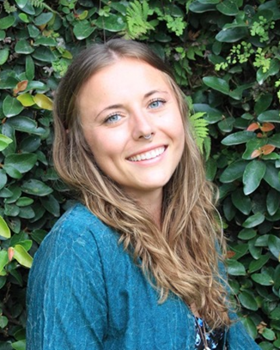
B.S., Psychology; Organizational & Professional Communication Studies, University of Wisconsin - La Crosse, 2018
Research Interests: Although I am interested in both qualitative and quantitative research methodologies, I am primarily excited about the latter! I enjoy exploring data and the way we can succinctly make inferences on various analyses. It's kind of like opening our mind to endless possibilities, but also remembering how much we still do not know. This type of abstraction is very neat! I am also very intrigued by the way people communicate and discover meaning in their lives which is why I enjoy talk therapy, and the like. I am very happy to pivot from a more recent public health research lens to a clinical research perspective to gain more insight on scientific methodologies all the while being able to work more closely with clinical populations! Looking forward, I hope to pursue a PhD in clinical/counseling psychology.
About me: I like to try new things, which fuels my passion for traveling and stepping outside my comfort zone. After obtaining my undergraduate degree, I traveled abroad for a year and a half where I studied and worked with various somatic therapies. My other hobbies are just as expansive as my general interests. Some that have persisted are snowboarding, painting, dancing, climbing, running, camping, star gazing, singing (to help with my extremely mediocre guitar playing), reading, and of course, hanging out with my cat!
Angela Lankenau - Clinical Operations Manager / Clinical Research Coordinator
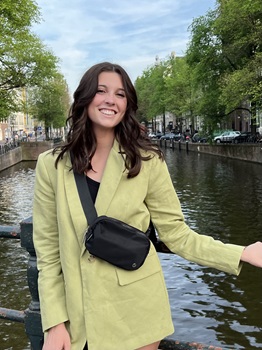
B.A., Psychology, University of Colorado Boulder, 2022
MPH, Health Systems, Management, & Policy, CU Anschutz, 2025
Research Interests: My primary research interests lie in women's health, population mental health, and addiction. Specifically, I want to contribute to the research and science that helps those who are underserved or previously overlooked in scientific literature. Being at the front end of cannabis research in both this lab and my previous lab at CU Boulder, I've realized my passion for offering unique solutions to problems that affect clinical populations. Eventually, I want to go back to school for a graduate degree that helps me positively contribute to science and society, the specifics of what that may be have yet to be determined!
About me: Outside of work, I love exploring and adventuring around Colorado. Camping is one of my favorite things, combining my love for nature while taking a break from day-to-day life. Although I have yet to learn to ski and mountain bike, I hope to learn soon so I can continue to take advantage of all this state has to offer! On an ideal day, I'll take care of my houseplants, go to a Cyclebar class, try out a new recipe, and watch a movie with my boyfriend, Owen.
Jaime Laurin - Program Manager

B.S., Kinesiology, University of Massachusetts Amherst, 2015
M.S., Health and Exercise Science, Colorado State University, 2017
Research Interests: My background is in physiology and aging. My broad research interests include slowed aging for increased healthspan, energy metabolism, and exercise-drug interactions. During my time as a research professional, I have worked in a variety of therapeutic areas including metabolism & endocrinology, emergency medicine and women’s health. I am experienced in translational research, but particularly enjoy working on clinical trials.
About me: I moved from Massachusetts to Colorado for graduate school and decided to stick around for the long-term. Outside of work, I like to run, camp, mountain bike, hike, backpack, and ski – usually with my partner Justin and my dog Roo in tow. When I’m not having type-II fun, I like to read books, hang out at the park, or go to the farmer’s market. I also have two kitties named Pigeon and Moose, who are the best cats a girl could ask for!
Alan Morris - Postdoctoral Fellow
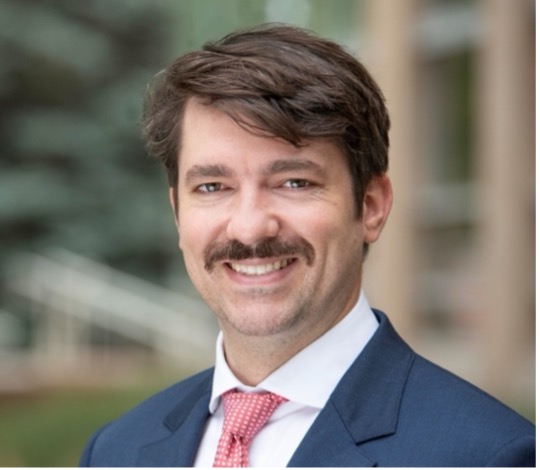
Ph.D., Clinical Neuroscience 2016
B.Sc., Biochemistry 2012
Postdoctoral Fellow, University of Colorado Anschutz
Senior Editor, Nature Portfolio
Postdoctoral Research Associate, University of Illinois at Chicago
Research Interests: My current research seeks to define the role of the endocannabinoid system in the pathogenesis of Alzheimer’s disease. I am focused on three key areas: endocannabinoid signaling, the inflammatory response, and the integrity of the blood-brain barrier. My interest in this area began during graduate school where I explored the role of the blood-brain barrier in Alzheimer’s disease and cerebral amyloid angiopathy. Following a 5-year tenure as a professional editor, I returned to hands-on research in 2021, where I investigated cannabis as a treatment for chronic pain through RCTs. This work deepened my interest in clinical research and the connection between the endocannabinoid system and neurodegenerative diseases. In 2024 I joined Dr. Kent Hutchison’s team to expand my expertise in this area. By integrating cutting-edge translational techniques with interdisciplinary clinical research, my goal is to identify novel therapeutic targets that pave the way for innovative treatments for Alzheimer’s disease.
River Roberts - Clinical Research Coordinator

B.S., Psychology, Colorado State University, 2024
Research Interests: I am passionate about clinical research focused on attention, the neural mechanisms of cognition, traumatic brain injury (TBI), and cognitive impairment. My specific interests include exploring the impact of addiction and substance use on these mechanisms. I am particularly fascinated by the potential of progressive treatments such as CBD for managing attention deficit hyperactivity disorder (ADHD), given the significant negative side effects of current treatments. Additionally, I am interested in how CBD and different psychedelics could aid in relaxation, anxiety reduction, and pain relief for individuals with TBI or mild TBI, potentially enhancing rehabilitation and neuroplasticity therapy. Recently graduated with a B.S. in Psychology, I am embarking on my journey in clinical research with the long-term goal of earning a Ph.D. in cognitive neuroscience or neuroscience to advance treatment protocols and my research capabilities.
About Me: Born and raised in Virginia, I moved to Colorado to attend Colorado State University and have fallen in love with the state. Outside of my research interests, I enjoy hiking, skiing, cooking, and traveling. During my undergrad I lived in Germany for six months to attend an immersive language program which significantly improved my German fluency. I am always eager to learn new things and expand my knowledge across various domains beyond neuroscience.
Jamesie Kaiʻaokamālie Spencer- Clinical Research Coordinator
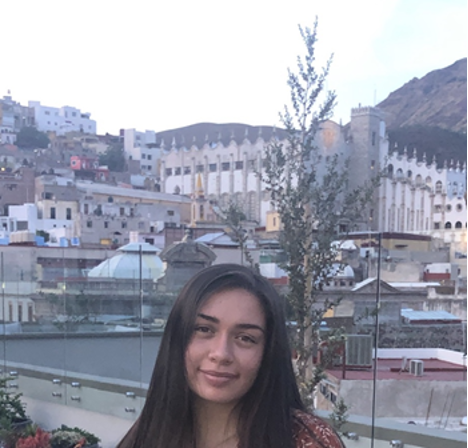
B.A., Psychology, University of Colorado Boulder, 2023
Research Interests: My research interests encompass various aspects of psychopathology, including anxiety, addiction, and depression, along with an exploration of alternative medicine, such as cannabis, psychedelics, and mindfulness. I’m particularly invested in delving deeper into the inherent therapeutic potential of plant-medicine, particularly the application of psychedelic-assisted therapy. Additionally, I’m intrigued by the prospect of examining the psychological effects of various isolated cannabinoids and unregulated cannabis products. In the next few years, I plan to pursue a doctoral degree in clinical psychology and attain licensure as a Clinical Psychologist.
About me: I’m originally from Kealakekua, Hawai’i and an alumna of Kamehameha Schools Kapālama as well as Semester at Sea. In my spare time, I enjoy hiking, traveling abroad, listening to techno, and trying new things.
Campbell Thurman - Clinical Research Coordinator
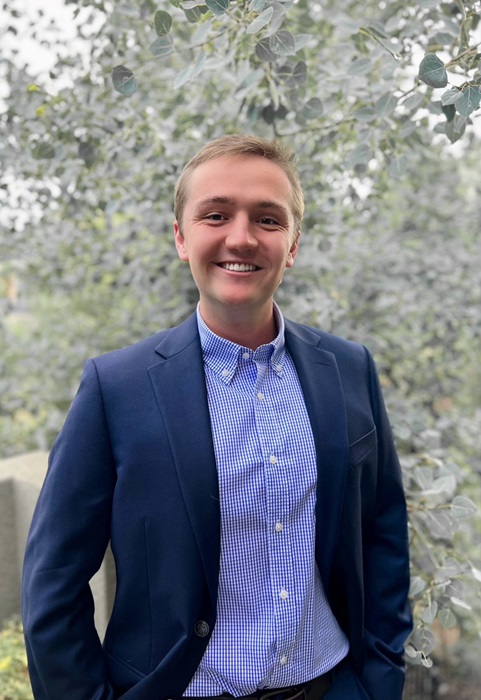
B.S., Neuroscience, Baylor University, 2024
Research Interests: I have always been fascinated by psychiatry, and I am especially interested in understanding various mental disorders and the clinical applications of different drugs in treating these conditions. My research interests include studying addiction and the potential therapeutic uses of psychedelics, especially in light of the evolving political landscape surrounding drug research. I am particularly excited to explore effective interventions for substance abuse disorders and examining how emerging drug therapies can be integrated into clinical practice. Ultimately, I plan on pursuing a career in medicine as a physician where I can utilize my clinical research to directly improve patient-care.
About Me: Outside of the lab, I am usually enjoying the beautiful weather with my two dogs, Millie and Moose, or I am spending time with my family and friends. I am also an avid sports fan, so I love attending any sporting events whenever the opportunity presents itself.
Valerie Truesdell - Clinical Research Coordinator
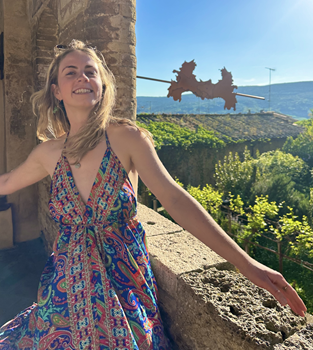
B.S., Applied Physiology and Kinesiology, University of Florida, 2022
Research Interests: My personal and academic journey has led to a deep passion for integrative natural medicine, such as psychedelic-assisted therapy and mindfulness-based interventions, that influence perceptual, emotional, behavioral, and cognitive domains across the mind-brain-body. In contrast to the psychiatric paradigm of fixed diagnoses reflective of permanent pathology in the brain or genes, I support the notion that the true nature of the mind can transcend suffering. As such, I am highly Interested in cognitive and contemplative neuroscience that challenges traditional approaches to pain management, addiction, and mental health.
About me: Outside of work, I am a lover of nature, art, and music of all types. You’ll often find me rock climbing, biking, camping, hiking, painting, or busting out amateur moves on the dance floor.
![kent foto for website[65] kent foto for website[65]](/images/librariesprovider45/psychiatry-site-images/kent-foto-for-website-65.png?sfvrsn=40f53bbb_0)
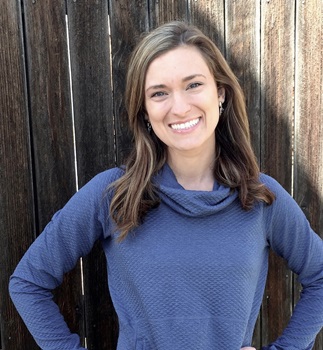
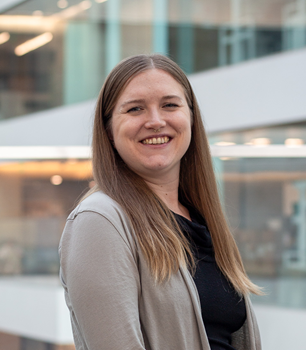
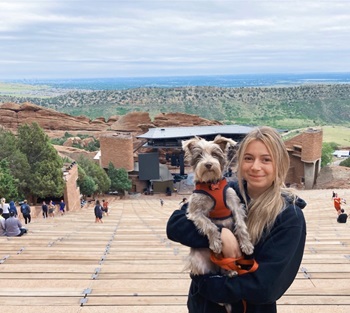
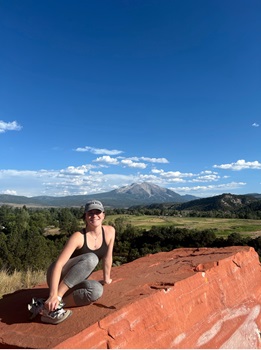

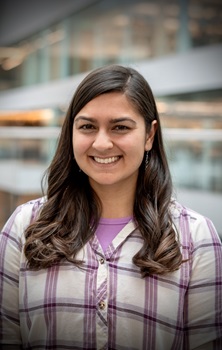












b2c6a9e7302864d9a5bfff0a001ce385.png?sfvrsn=7deecdbb_0)
